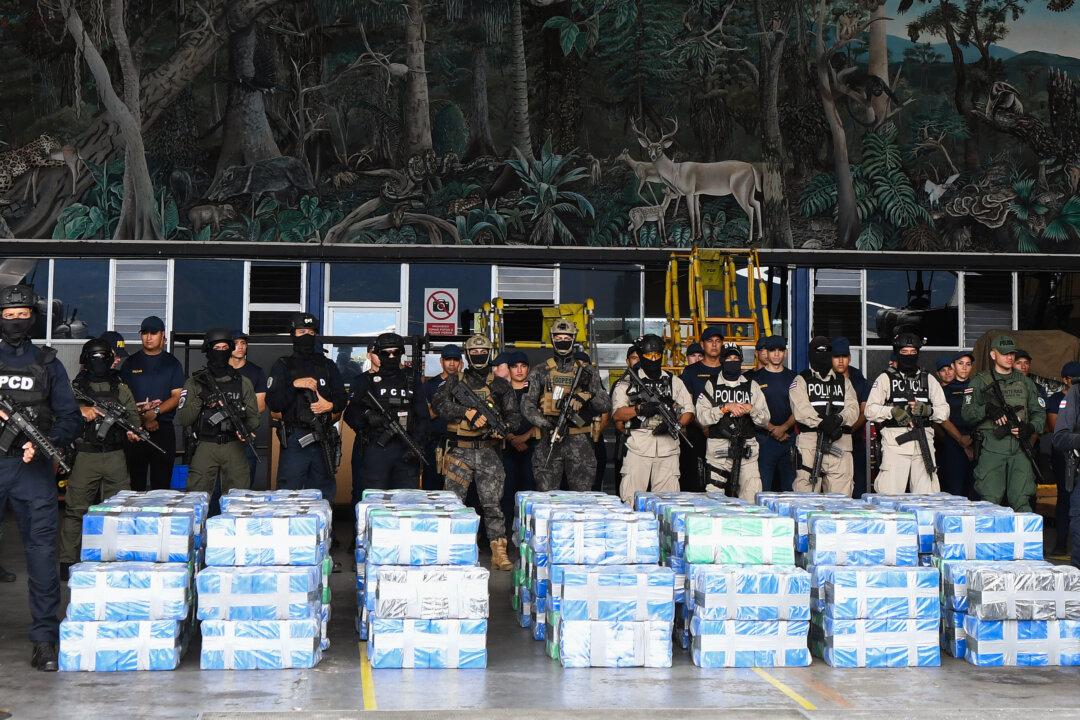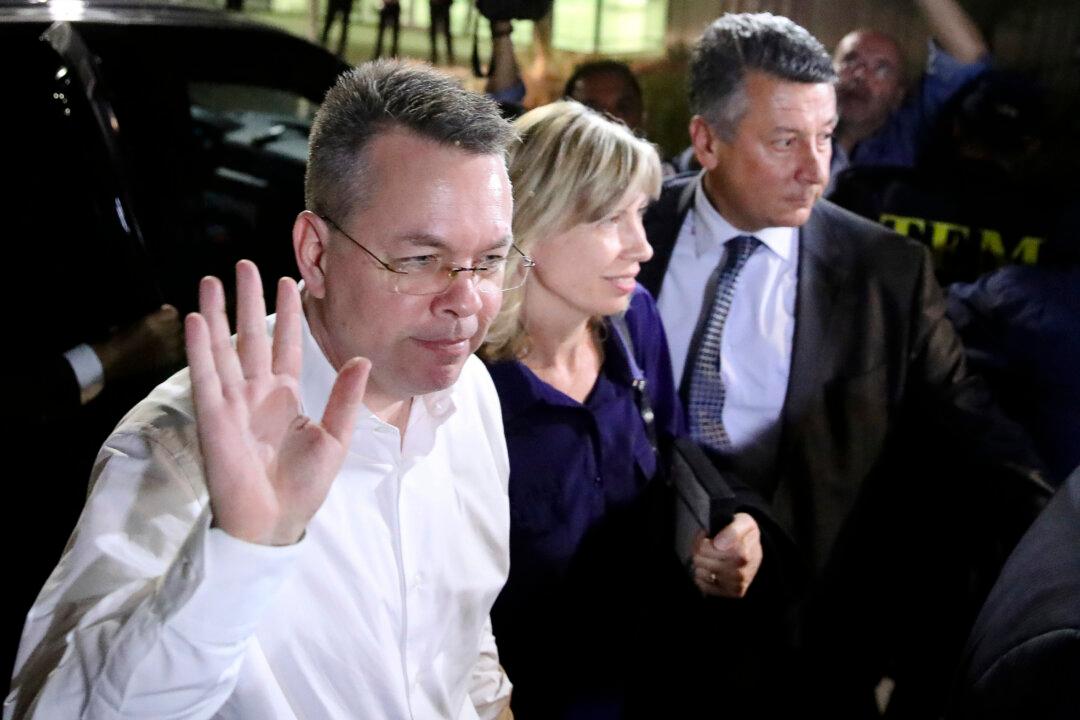In shades of Los Angeles’s 2022 mayoral campaign, billionaire developer and former candidate Rick Caruso took to X April 19 to challenge what has emerged as the highlight of Mayor Karen Bass’s recent State of the City speech.
In her address at City Hall on April 17, Ms. Bass called on wealthy Angelenos to help move embattled homelessness programs forward.





